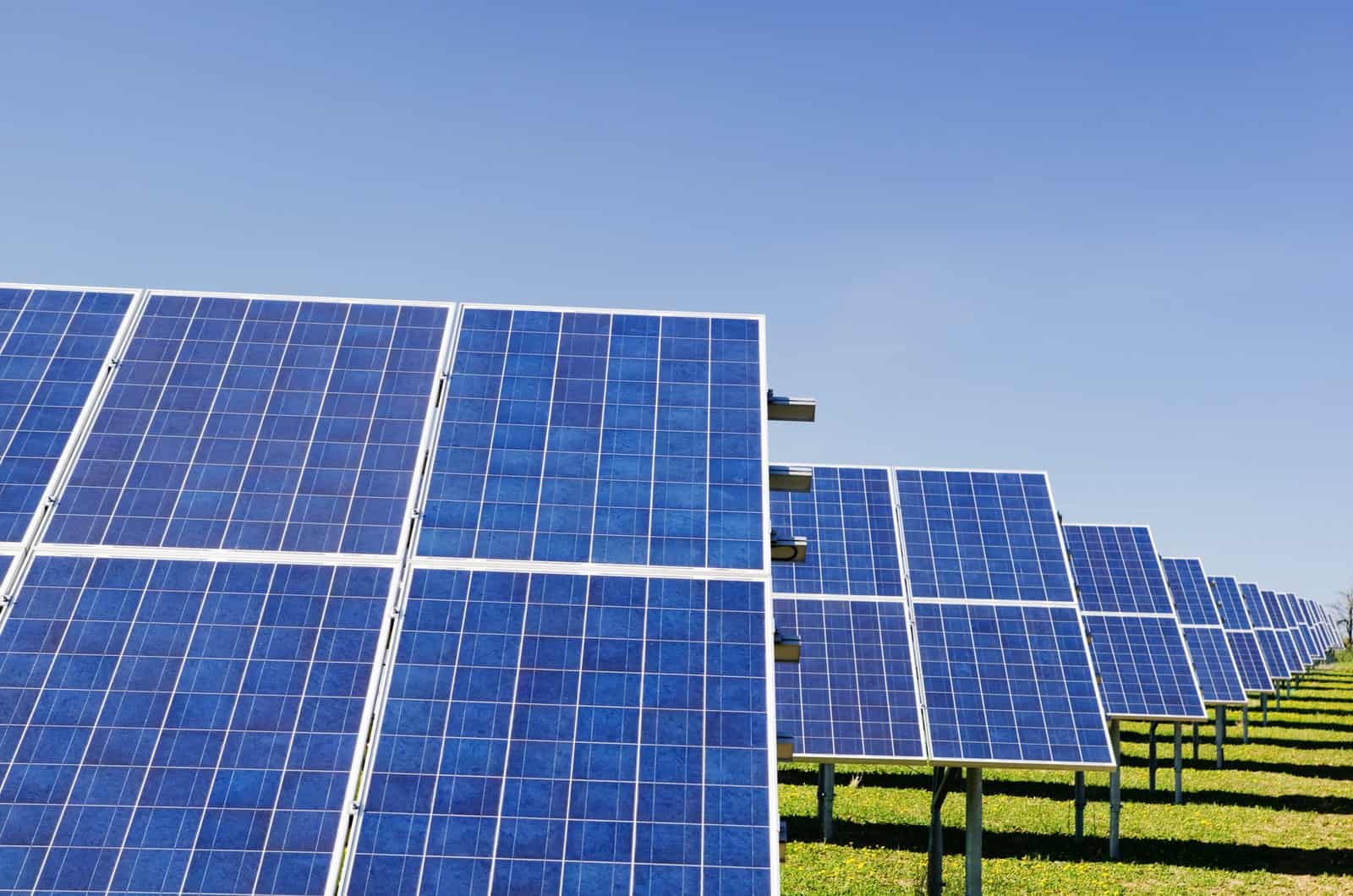There is a lot of discussion on the cost of solar compared to fossil fuels. We will also look at various comparisons in relation to the cost differences between solar to fossil fuels on a per-kWh basis. We will also explore the impact of solar on the environment.
There are many reasons to consider investing in solar energy, and the cost comparison to fossil fuels never ceases to amaze us!
Contents
- 1 What Are Fossil Fuels?
- 2 What is The Cost of Solar Compared To Fossil Fuels?
- 3 Cost Of Solar Compared To Fossil Fuels-The Facts
- 4 Is The Cost of Solar Compared To Fossil Fuels cheaper?
- 5 What Is The Environmental Impact of Solar?
- 6 What is The Outlook for the Cost of Solar?
- 7 What is The Outlook for the Cost of Fossil Fuels?
- 8 Cost Of Solar Compared To Fossil Fuels-Conclusion
What Are Fossil Fuels?
Fossil fuels are materials that have been burned in the past to produce energy. Fossil fuels include coal, oil, and natural gas. These resources are often extracted from the ground using techniques such as drilling and fracking.
Coal is the most common fossil fuel and is used to generate electricity and heat homes. Oil is used in transportation, manufacturing, and heating homes. Natural gas is a versatile fuel that can be used for heating homes, cooking food, generating electricity, and manufacturing products.
What is The Cost of Solar Compared To Fossil Fuels?
The cost of solar compared to fossil fuels is based on the amount of electricity that a solar panel can generate. Solar panels will generate more electricity over time as the sun gets stronger. The cost of solar is dropping all the time, but what about the cost of fossil fuels? Do they have a chance against the sun?
Cost Of Solar Compared To Fossil Fuels-The Facts
The cost of solar energy is steadily decreasing while the cost of fossil fuels is on the rise. In 2017, the cost of solar was only 8.9% more expensive than fossil fuels. The reason for this discrepancy is that solar technology is constantly improving and becoming more affordable, while fossil fuel prices are based on government regulation and market fluctuations.
Despite being more expensive up front, solar energy typically pays for itself over time through reduced electricity bills. A study from Bloomberg New Energy Finance found that a typical home with a 10 kW rooftop solar installation will save $30,000 in electricity costs over 25 years. This doesn’t even take into account the environmental benefits of solar energy- like reducing pollution from coal-fired power plants.
Is The Cost of Solar Compared To Fossil Fuels cheaper?
The cost of solar is cheaper than fossil fuels on a per-kWh basis. In fact, solar panels have been decreasing in price every year. As the cost of solar continues to decrease, the cost of fossil fuels will likely increase.
The cost of solar is cheaper than the cost of fossil fuels in almost every scenario. In some cases, the cost of solar is even cheaper than the cost of other renewable energy sources!
What Is The Environmental Impact of Solar?
The environmental impact of solar is both positive and negative. Positive impacts of solar include the decrease in carbon emissions and the decrease in greenhouse gas emissions. Negative impacts of solar include the loss of green space and the increase in energy prices.
We all know that the cost of solar is dropping all the time, but what about the cost of fossil fuels? Do they have a chance against the sun?
At present, the cost of fossil fuels has risen significantly as the cost of solar panels continues to drop with new technology emerging on the market. We can expect to see solar become cheaper as different types of materials become available that are more efficient.
What is The Outlook for the Cost of Solar?
In recent years, the cost of solar energy has continued to decline while the cost of fossil fuels continues to increase. In 2016, the cost of solar was around $0.80/kWh, while the cost of coal was over $2/kWh. This trend is expected to continue as more and more companies shift their investment toward renewable energy sources. The outlook for solar is bright as it continues to become an increasingly affordable option for energy production.
The outlook for the cost of solar is very bright. The cost of solar is dropping all the time, and it is expected to keep dropping in the future. Just remember prices are always changing.
What is The Outlook for the Cost of Fossil Fuels?
The outlook for the cost of fossil fuels is not good. The cost of solar compared to fossil fuels has plummeted in recent years, making it a more viable option. This trend is likely to continue as technology improves and the cost of solar continues to drop.
The outlook for the cost of fossil fuels is not as positive. The cost of solar is expected to keep dropping, while the cost of fossil fuels has risen.
Cost Of Solar Compared To Fossil Fuels-Conclusion
The cost of solar compared to fossil fuels proves that solar is a better option every time. If you are looking to reduce your carbon footprint, solar is the way to go!


